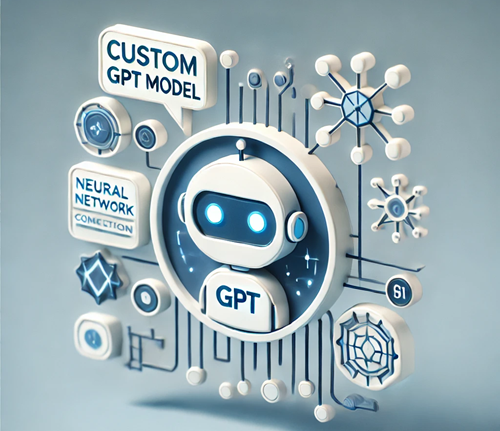France’s Tech Innovation Strategy: Paving the Way for Global AI Leadership
In the global race to dominate artificial intelligence (AI), France is positioning itself as a key contender by implementing a comprehensive, forward-thinking tech innovation strategy. With a focus on ethical AI development, strategic investments, and international collaboration, France aims to become a leader in AI innovation, setting an example for other nations in creating responsible, impactful technology.
France’s journey toward AI leadership began in 2018 with President Emmanuel Macron’s “AI for Humanity” initiative. This strategy outlined a vision to prioritize AI-driven advancements in research, public sector integration, and economic growth, while maintaining a commitment to ethical development. As part of this plan, France allocated €1.5 billion over five years to fund research, support startups, and encourage the adoption of AI across various industries. Public-private partnerships have also played a pivotal role, with leading companies and academic institutions working together to foster innovation.
The country boasts a rich ecosystem of world-class academic institutions and research centers, such as INRIA (the National Institute for Research in Computer Science and Automation) and CNRS (the National Center for Scientific Research). These institutions are driving cutting-edge advancements in areas like predictive healthcare, autonomous systems, and natural language processing. Cities like Paris and Lyon have become hotspots for AI startups, housing innovation hubs that attract talent and investment from around the globe.
A defining feature of France’s approach is its emphasis on ethical AI development. By adhering to strict data protection standards, such as those outlined in the European Union’s GDPR, and establishing an AI Ethics Committee, France has committed to ensuring that AI systems align with societal values and individual rights. This focus on ethical technology development has bolstered France’s reputation on the global stage, particularly as discussions around AI biases and privacy concerns continue to grow.
France’s strategy extends beyond its borders through active participation in global AI initiatives. The country plays a leading role in shaping European Union policies and has forged bilateral agreements with nations like Canada and Japan for joint AI research. These collaborations not only position France as a hub for AI innovation but also ensure that the nation benefits from shared expertise and resources.
Industries across France are already reaping the benefits of AI adoption. In healthcare, AI-powered diagnostics are improving patient outcomes, while smart farming technologies are enhancing agricultural efficiency. Transportation systems are leveraging AI for traffic management and autonomous vehicle advancements, and the financial sector is utilizing AI for fraud detection and personalized banking solutions. Companies like Dassault Systèmes and Thales Group are shining examples of how French businesses are integrating AI into manufacturing, healthcare, defense, and aerospace.
However, challenges remain. France must compete with global tech hubs like Silicon Valley to retain top AI talent while ensuring that startups have the support needed to scale internationally. Balancing the need for regulation with the flexibility to foster innovation will also be crucial as AI continues to evolve.
France’s tech innovation strategy is ambitious, grounded in ethics, and driven by collaboration. By focusing on research excellence, nurturing talent, and promoting responsible AI adoption, the nation is not only transforming its industries but also paving the way for global leadership in AI. As France continues to invest in its vision, it is setting a standard for how nations can harness the transformative power of AI responsibly and effectively.










